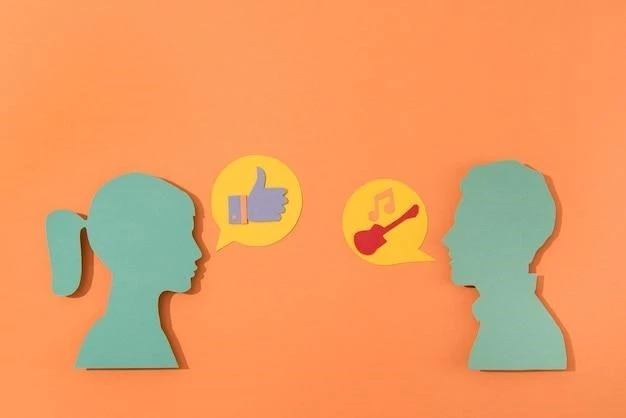The Psychology of Decision Making: A Personal Exploration
As someone who has always been fascinated by the human mind, I’ve recently delved into the world of decision-making psychology․ It’s a captivating field that sheds light on the intricate processes shaping our choices, both big and small․ What I’ve learned has not only been enlightening but has also empowered me to make more conscious and informed decisions in my own life․
Unveiling the Unconscious: Cognitive Biases at Play
One of the most striking revelations was the realization that our decisions are often swayed by unconscious biases, those sneaky mental shortcuts our brains take to simplify complex situations․ For instance, I noticed the “confirmation bias” creeping into my own thinking when researching a new laptop․ I found myself gravitating towards reviews that praised my pre-existing preference for a particular brand, subconsciously filtering out any negative feedback․
This experience made me acutely aware of how easily our biases can lead us astray․ I’ve since made a conscious effort to actively seek out diverse viewpoints and challenge my own assumptions before making significant decisions․ It’s an ongoing process, but recognizing the influence of these biases is the first step towards mitigating their impact․

The Power of Framing: A Shift in Perspective
Another key takeaway has been the profound influence of framing on our choices․ I recently encountered this firsthand when faced with a financial decision․ The way the options were presented, highlighting potential gains versus potential losses, significantly swayed my initial inclination․
This experience underscored the importance of reframing decisions to gain a more balanced perspective․ Now, I make a point to rephrase the problem, considering alternative viewpoints, and evaluating the potential outcomes from different angles before making a choice․ It’s amazing how a simple shift in framing can dramatically alter our perception and ultimately, our decisions․

Navigating the Decision-Making Minefield: Practical Strategies
My exploration of decision-making psychology has equipped me with a toolkit of practical strategies that have proven invaluable in my daily life․ Here are a few key takeaways:
1․ Embrace Awareness:
The first step towards making sound decisions is acknowledging the existence of our own biases․ By being mindful of these mental shortcuts, we can begin to challenge their influence and strive for more objective judgments․
2․ Seek Diverse Perspectives:
Our own viewpoints are inherently limited by our personal experiences and beliefs․ Actively seeking out diverse perspectives broadens our understanding, challenges our assumptions, and helps us make more informed choices․
3․ Reframe the Problem:
The way a problem is framed can significantly influence our decision․ By reframing the issue from different angles, we gain a more comprehensive understanding and reduce the likelihood of being swayed by a particular perspective․
4․ Take Time for Reflection:
In our fast-paced world, it’s tempting to rush into decisions․ However, taking the time to reflect on our options, weigh the potential outcomes, and consult with trusted sources often leads to more thoughtful choices․
5․ Embrace Feedback:
Seeking feedback from others provides valuable insights and helps identify blind spots in our thinking․ Constructive criticism allows us to refine our decision-making process and make more informed choices in the future․
The Ongoing Journey of Decision Making
My exploration of decision-making psychology has been an eye-opening experience․ I’ve come to realize that making sound decisions is not about eliminating biases altogether, but rather about recognizing their influence and developing strategies to mitigate their impact․ It’s an ongoing journey of self-reflection, learning, and adaptation, but the rewards of making more conscious and informed choices are well worth the effort․










